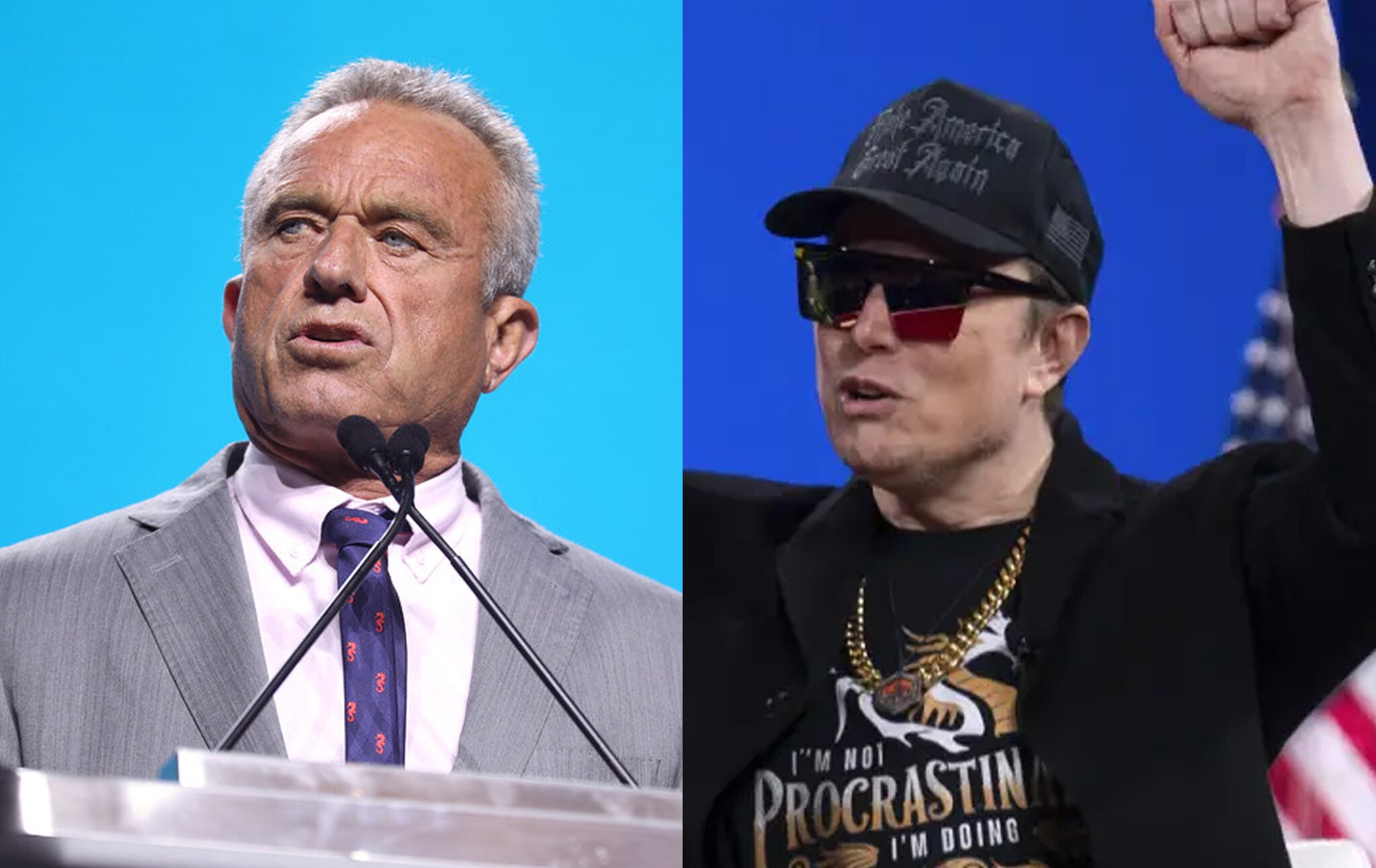When Doubt Crosses the Line: Why Skepticism Isn't Scientific Thinking

In the world of scientific discourse, there's a dangerous misconception gaining traction: the idea that simply questioning established scientific consensus is the same as doing actual science. Prominent figures like Elon Musk and Robert F. Kennedy Jr. have popularized this misguided notion, presenting skepticism as a virtue while fundamentally misunderstanding the scientific method.
True scientific inquiry isn't about randomly challenging established knowledge or spreading misinformation. It's a rigorous process of systematic observation, measurement, and testing of hypotheses. Scientists don't just raise doubts; they develop carefully constructed experiments, gather empirical evidence, and subject their findings to peer review.
When these public figures claim they're "questioning the science," what they're often doing is cherry-picking data, promoting personal beliefs, or spreading conspiracy theories that have no substantive scientific foundation. Real scientific progress comes from methodical research, reproducible results, and a commitment to understanding complex phenomena—not from provocative soundbites or social media grandstanding.
The danger lies in undermining public trust in scientific expertise. By presenting uninformed skepticism as intellectual courage, they risk confusing the public and potentially causing real harm, especially in critical areas like public health, climate science, and technological innovation.
Science is a collaborative, evidence-based pursuit—not a platform for personal opinion or sensationalism. True scientific thinking requires humility, critical thinking, and a willingness to change one's understanding based on robust, peer-reviewed evidence.

